28, February 2018
“Scottish Parliament will refuse to sign EU exit bill” 0
Scottish First Minister Nicola Sturgeon says Edinburgh will refuse to agree to London’s planned Brexit deal with the European Union, arguing that the exit bill would undermine the whole foundation on which the UK devolution system was built.
Sturgeon made the announcement in an interview with BBC Radio 4 on Tuesday, a day after the British government said it expected to reach an agreement with the devolved nations – Scotland, Northern Ireland and Wales – on how power would be shared after the Britain’s separation from the 28-member bloc.
“We are simply trying to protect the powers that the Scottish Parliament already has – things like agriculture, fishing, environmental policy, food standards, justice and health. These are all currently responsibilities of the Scottish Parliament,” Sturgeon said.
“At the moment we have to exercise those powers within the confines of European law, but after Brexit, in terms of the devolution settlement, those powers should return to the Scottish Parliament and it should be up to us how we exercise them,” she added.
The Scottish first minister criticized the settlement and said London was trying to use the issue of Brexit in order to take control of devolved powers with the consent of the parliament in Edinburgh.
“Westminster effectively wants to be able to impose uniformity in these areas and that’s not acceptable in terms of the broad sweep and fundamentals of the devolution settlement,” Sturgeon said. “What the Withdrawal Bill seeks to do is restrict and constrain the ability of the Scottish Parliament or the Welsh Assembly to legislate in these devolved areas.”
Sturgeon noted that it is “very likely” the Scottish Parliament will not give consent to the exit bill unless the UK government changes its mind.
London needs a deal before the summer in order to pass the EU exit bill in the national parliament.
Sturgeon also warned on Tuesday that she retains “a mandate” to hold a second independence referendum if London tries to impose its will on Scotland.
In the United Kingdom’s 2016 referendum, 52 percent, or 17.4 million people, voted to leave the EU while 48 percent, or 16 million, voted to stay.
The British government has faced fierce criticism both at home and by the EU for its lack of clarity on its Brexit strategy.
The uncertainty has raised fears that Britain could crash out of the bloc without a trade deal, incurring heavy costs on its domestic economy.
Last month, Sturgeon accused the British government of a “reckless and irresponsible approach” in the negotiations so far, arguing London had entered talks with unachievable aims.
London and Brussels are due to move on to the next stage of Brexit negotiations this year, after reaching agreement in December on exit terms.
Source: Presstv


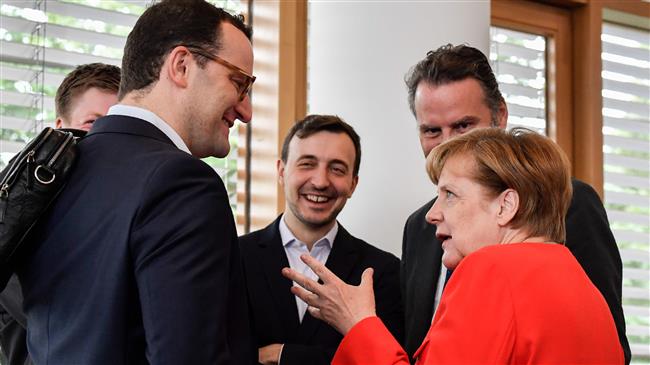
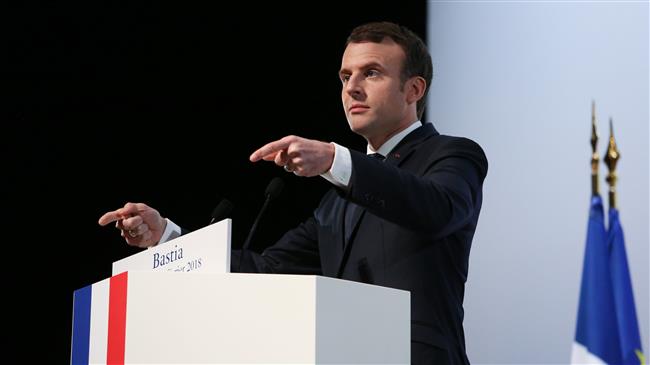
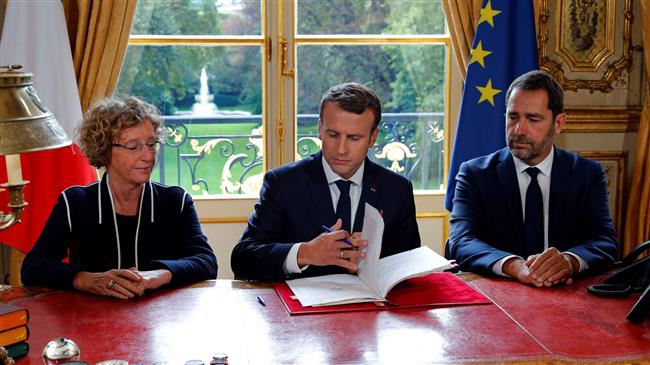
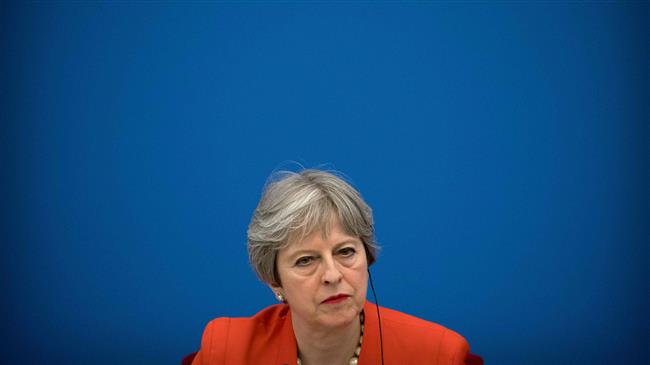

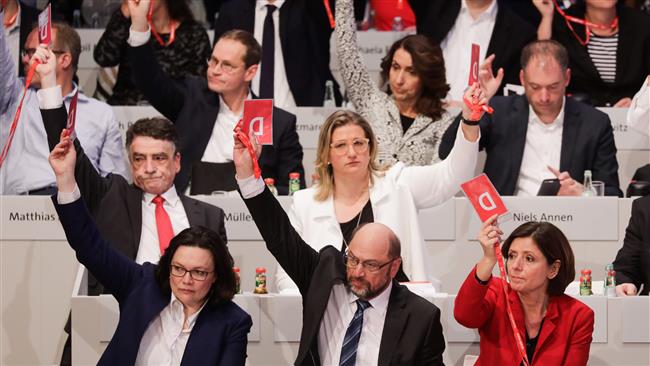

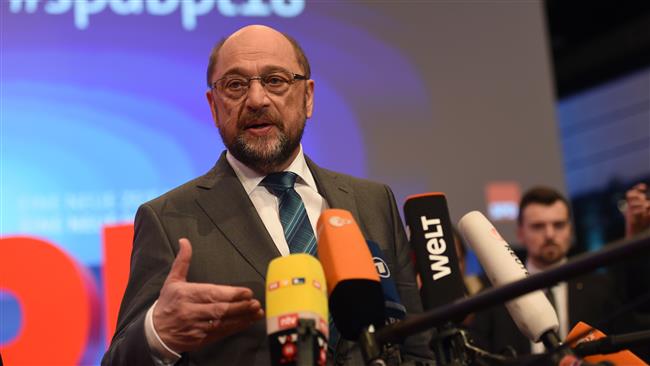




















1, March 2018
Bundes: CSU urges new election if SPD rejects coalition 0
Germany’s Christian Social Union (CSU), the Bavarian sister party of Chancellor Angela Merkel’s conservatives, has called for new election if the members of the Social Democratic Party (SPD) say “No” to a new coalition with the conservative bloc.
The SPD’s 464,000 members are voting in a postal ballot on whether to approve a power-sharing deal with Merkel’s Christian Democratic Union of Germany party (CDU) and the CSU. The CDU/CSU bloc and the SPD have been coalition partners since 2013.
The result of the vote will be announced on Sunday.
Merkel was forced into coalition talks with the SPD after negotiations with two lesser-known parties failed last November following inconclusive general elections in September.
“If the second attempt at a government now fails, then we should have new elections,” the leader of the CSU, Horst Seehofer, told journalists in Munich on Wednesday, stressing that he was against a minority government.
Top officials from the CDU, CSU and SPD are scheduled to meet on Thursday, before the SPD vote ends, to settle outstanding issues on the formation of a coalition government, according to party sources.
The SPD members have until Friday to submit their votes.
The coalition deal between Merkel and the SPD came earlier in February, after weeks of tough negotiations, which saw Merkel relinquish the key ministry of finance to the coalition partners while offering other concessions over issues of immigration, health and tax.
Source: Presstv